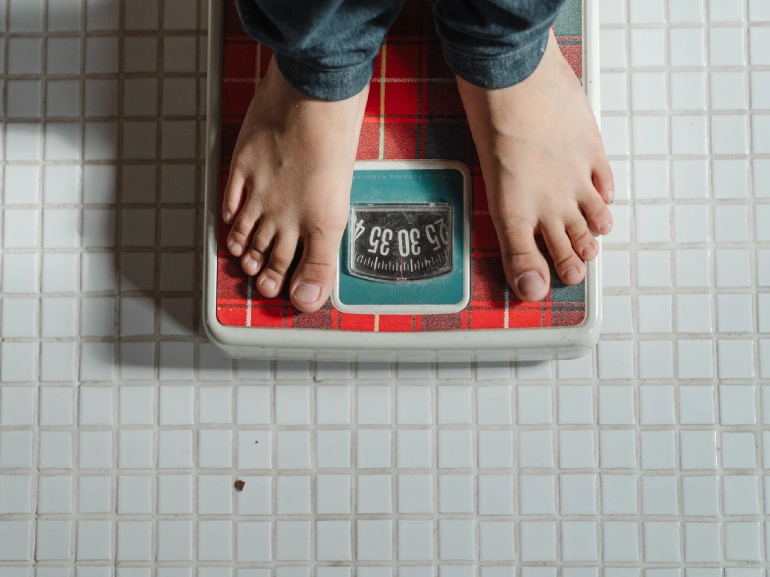- Acknowledge trauma, seek professional help, and utilize coping mechanisms to manage triggers and rebuild control.
- Connect with loved ones or join support groups to combat isolation and establish a support system.
- Practice mindfulness techniques like deep breathing and visualization to manage emotions and build resilience.
- Set healthy boundaries and prioritize self-care activities like yoga, creative expression, and mindful movements.
- Treat yourself with kindness, prioritize your well-being, and remain patient throughout the healing process.
Life can be challenging and unexpected. Sometimes, life throws you curveballs that may leave you feeling shaken and overwhelmed. Trauma is one such curveball that can leave deep and lasting emotional marks on an individual.
If you are a survivor of trauma, you may find it challenging to navigate your way through the recovery journey. Healing after trauma takes time, patience, and resilience, but it is possible. This blog will share essential tips to help you reclaim your well-being after experiencing trauma.
Acknowledge the trauma and seek help.
The first step towards healing after trauma is acknowledging the pain and seeking help. Don’t be ashamed or embarrassed to admit that you’re struggling. It’s okay to ask for help. Trauma can affect your mental and physical health, making it essential to seek professional help. Many professionals can support you.
A trusted PTSD psychiatrist, in particular, can help you work through and heal from the trauma. They can provide you with specialized therapy and medication to address the symptoms of trauma, such as flashbacks, anxiety, depression, etc. They can also equip you with coping mechanisms to manage triggers and help you find ways to rebuild your sense of safety and control.
Connect with loved ones.
It’s easy to feel isolated and disconnected after experiencing trauma. Reach out to your loved ones and let them know how you’re feeling. Connecting with people who care for you can help you feel less alone and provide you with a support system.
Talking about your trauma can be difficult, so take your time and open up when you feel ready. You can also join support groups for survivors of trauma to connect with people who have gone through similar experiences.
Cultivate mindfulness.

Practicing mindfulness can help you stay grounded in the present moment and develop a sense of calm. When you experience trauma, you may feel anxious, stressed, or overwhelmed. Mindfulness techniques like deep breathing, body scanning, or visualization can help you manage intense emotions and build resilience. Mindfulness can also help you become more self-aware and recognize when you need to take a break or seek additional support.
Set healthy boundaries.
Trauma can affect your relationships and boundaries. Learning to set healthy boundaries can help you regain a sense of control and power in your life. Saying “no” to people or situations that do not serve you is not selfish.
It’s essential to prioritize your well-being and set boundaries that align with your desires and values. You deserve to be treated with respect and kindness, and setting boundaries can help you establish healthy relationships.
Practice self-care.
Taking care of yourself is an essential part of healing after trauma. That’s why it’s important to make time for self-care activities such as the following four:
Yoga

Yoga is a powerful tool for healing after trauma. The practice of yoga combines physical movement with mindfulness, helping you connect your mind and body. It can help release tension and promote relaxation.
Creative expression
Engaging in creative activities like painting, writing, or dancing can be therapeutic for survivors of trauma. These activities allow you to express yourself and process your thoughts and emotions in a safe and healthy way.
Mindful movement
Incorporating mindful movement, such as walking, running, or dancing, into your routine can help you release built-up tension and stress in your body. Being physically active also releases endorphins, which can improve your mood and overall well-being.
Self-compassion
Be kind to yourself throughout the healing process. Healing after trauma takes time and patience, so it’s essential to practice self-compassion and treat yourself with love and understanding. You are not alone, and you deserve to heal at your own pace.
Self-care is not about being selfish; instead, it’s about prioritizing your mental, physical, and emotional well-being.
Remember, healing after trauma is a journey that looks different for everyone. It’s okay to have good days and bad days. It’s okay to take your time. Reach out for help when you need it, connect with your loved ones, practice mindfulness, set healthy boundaries, and make self-care a priority.
You are stronger than your trauma, and with patience, resilience, and professional help, you can reclaim your well-being and start anew. Remember, you are not alone in this journey, and there’s a community of survivors and professionals ready to offer support. Keep faith in the healing process and in yourself, and know that you are capable of overcoming the challenges that lie ahead.



